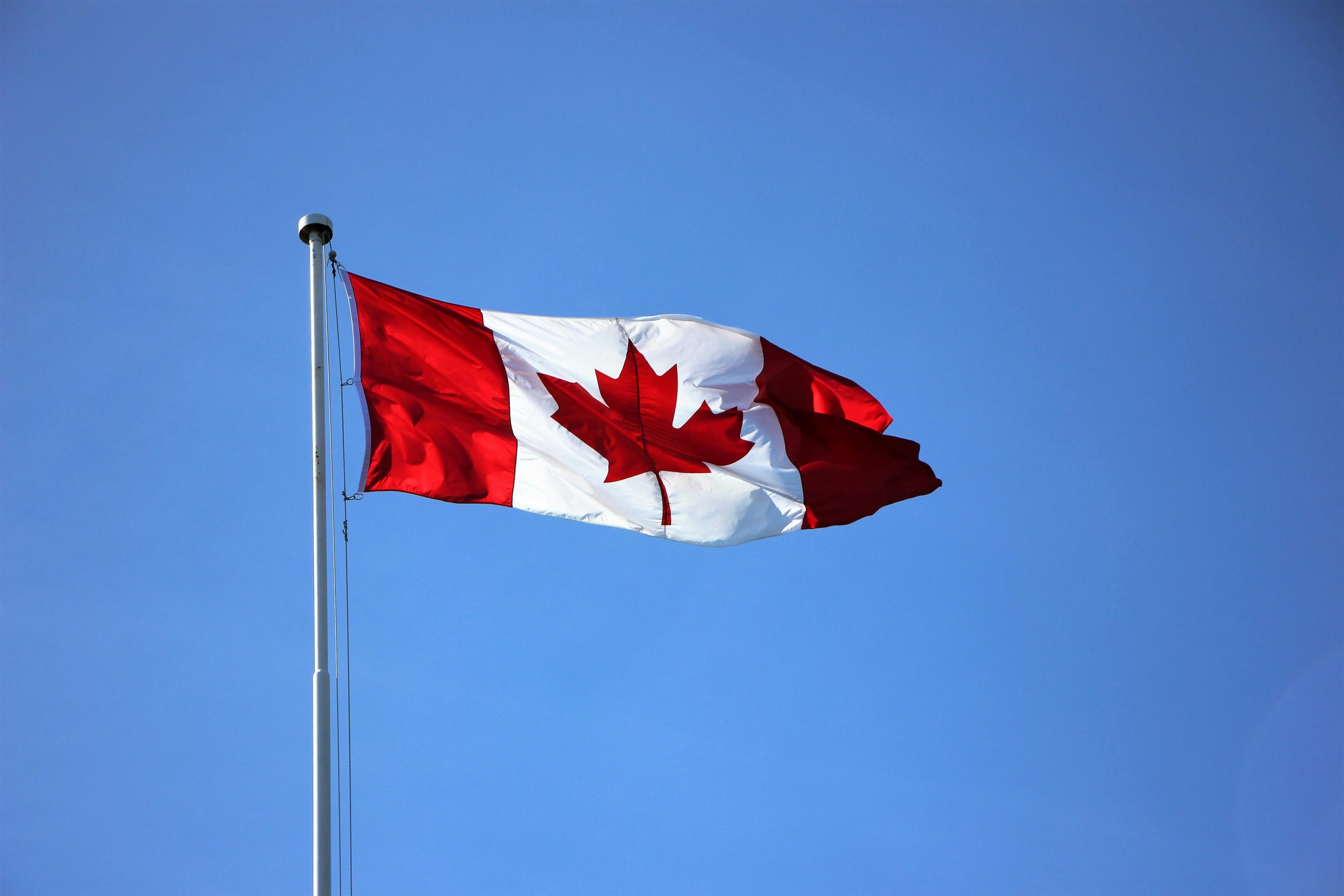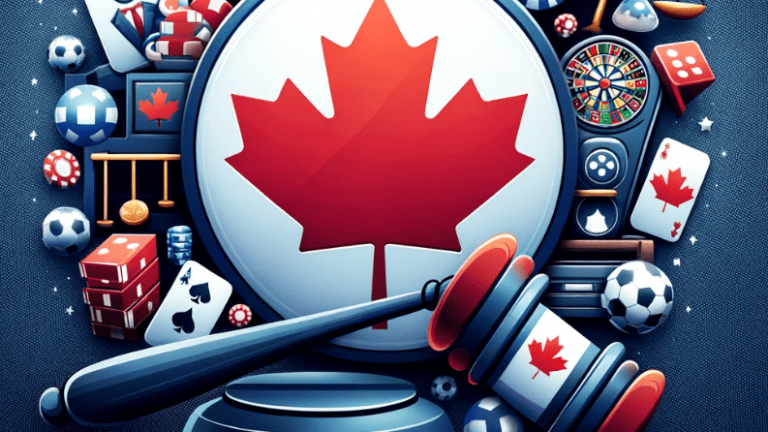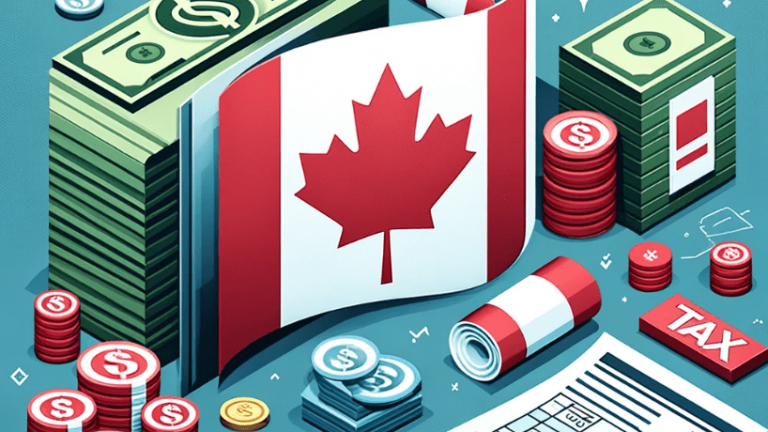
GGambling options in Canada today are varied, encompassing everything from traditional casinos to online wagering and lotteries. To appreciate the current landscape, we must examine its historical roots. A look back at the evolution of gambling in Canada not only reveals its significance but also illustrates how regulations have transformed and what implications this has for society. From the pastimes of Indigenous peoples to the emergence of contemporary casinos and lotteries, the narrative of gambling in Canada is quite intricate. This article will guide you through the exciting history of gambling in Canada, tracing its path from inception to the present day.
In the Early Days of Indigenous Gambling in Canada
Long before the arrival of Europeans, Indigenous groups in Canada enjoyed a variety of specialized games. Some utilized dice crafted from bones or sticks, while others engaged in skill-based activities, such as hand games. These games served more than mere entertainment—they fostered community cohesion and assisted in conflict resolution. Each tribe contributed unique games, enriching the diverse Indigenous cultures across Canada.
For Indigenous communities, gambling was not merely a pastime; it was deeply woven into their cultural and spiritual fabric. Certain games played a role in important ceremonies or were linked to seasonal events, thereby preserving traditions. The outcomes of these games were interpreted as guidance from the spirits, reinforcing community bonds. Thus, gambling transcended the simple notions of winning or losing; it became a means of storytelling, tradition-keeping, and community solidarity.
Cultural Significance of Traditional Indigenous Gambling Games
Indigenous tribes throughout Canada have a deep-rooted tradition of gambling games, showcasing cultural importance and skills that have been handed down through generations. Below are a few prominent examples:
Handgame/Stick Game
- Teams conceal bones or sticks, and the opposing team must guess their total.
- A blend of skill, strategy, and chance.
- This game is widely played by various Indigenous nations across Canada.
Hoop and Arrow
- Involves shooting arrows through a moving hoop.
- Demonstrates skill in archery and accuracy.
- Integrates both skill and luck, key to Indigenous gaming practices.
Feather Games
- Encompasses both ceremonial aspects and gambling activities.
- Participants toss feathers or other objects to determine outcomes.
- Often featured in traditional ceremonies or gatherings, they hold deep cultural meaning.
Indian Relay/Horse Racing
- A well-loved traditional gambling event among Indigenous communities.
- Involves the thrill of speed and skill in competitive horse racing.
- Exemplifies the rich cultural heritage surrounding Indigenous horse racing in Canada.
Colonial Era
When European settlers arrived, they brought their gaming traditions, such as card playing and dice games. This fusion with Indigenous practices enriched the gambling atmosphere in Canada.
Initially, some authorities believed that gambling could generate revenue for public initiatives. However, concerns soon arose regarding its potential negative impact on communities. This led to the introduction of rules and regulations aimed at managing gambling activities, seeking to balance enjoyment with social stability. Thus began the narrative of gambling regulation in colonial Canada.
As Canada’s population expanded, gambling took root in towns and cities. Various games emerged, comprising both casual bets and more structured competitions. Establishments like inns and taverns became popular venues where locals gathered for a bit of gambling thrill, marking the start of gambling's lively presence in early Canadian societies.
Early Regulation
With an increasing population, worries about the detrimental effects of gambling surged, prompting regulatory measures. At first, individual provinces implemented their own sets of gambling regulations. By the late 19th century, some regions, including British Columbia and Ontario, had begun restricting or prohibiting specific gambling types.
Prohibition Period
During the early 20th century, a period referred to as Prohibition took hold in parts of North America, including Canada, unintentionally leading to a rise in illegal gambling as lawful drinking establishments ceased operations.
Gambling in Mid-Late 20th Century
After Prohibition was lifted, provinces reassessed their gambling legislation. In the mid-20th century, several provinces began to implement legal lotteries and charitable gaming as a means to fund public projects, reflecting a more favorable view towards certain gambling practices.
The 1960s and 1970s saw provinces like Quebec and Manitoba open their doors to casinos. This trend continued into the 1980s as governments recognized the economic advantages of regulated gambling. Technological advancements, including video lottery terminals and online gaming, prompted the need for updated regulations.
By the end of the 20th century, a cooperative approach to gambling regulation emerged between federal and provincial governments. While the federal government oversaw some elements, provinces retained significant authority regarding the types of gambling permitted. The evolution of gambling laws in Canada illustrates an ongoing effort to balance public interest, economic needs, and social accountability.
The Rise of Casinos and Lotteries
In response to demand for organized gambling facilities, casinos began to proliferate in Canada during the latter part of the 20th century. Provinces started granting licenses and establishing casinos that offered a variety of games. These venues created a regulated environment for gaming enjoyment, significantly boosting entertainment and tourism sectors.
The 1990s marked the introduction of Canada’s first official casinos.
The Casino du Lac-Leamy in Gatineau, Quebec, is recognized as the first licensed casino in Canada, opening in 1996.
Other notable casinos that emerged during this period include:
- Casino Windsor (now known as Caesars Windsor) (1994): Located in Windsor, Ontario, this casino welcomed guests in 1994.
- Casino Nova Scotia (1995): Opening its doors in 1995 in Halifax, Nova Scotia, this casino quickly became popular among locals and tourists.
- Casino Rama (1996): Situated in Orillia, Ontario, Casino Rama opened in 1996 and rapidly gained popularity as a destination for gaming and entertainment.
The Rise of Lotteries as a Popular Gambling Option
Lotteries surged in popularity across Canada, establishing themselves as an accepted form of gaming. Many eagerly purchased lottery tickets in hopes of winning substantial prizes. Over time, lotteries evolved, introducing new games, draw formats, and prize arrangements. Their appeal extended beyond local communities, becoming a favored gambling choice at a broader level.
Throughout the years, various provinces rolled out their own lottery initiatives. Key examples include:
- Quebec 1969 : In 1969, Quebec launched its first state-run lottery, Loto-Québec, featuring options like Mini, a weekly 50-cent lottery, the Monthly Lottery at $2, and the Super lottery at $4, held quarterly.
- Ontario 1975 : Ontario started its lottery system through the Ontario Lottery and Gaming Corporation (OLG) in 1975.
- Western Canada 1974 : The Western Canada Lottery Foundation was formed in 1974 by Alberta, Saskatchewan, and Manitoba to collaboratively manage lottery operations in the western provinces.
- Atlantic Lottery Corporation (ALC) 1976 : Created in 1976, the ALC was established by the Atlantic provinces (New Brunswick, Newfoundland and Labrador, Nova Scotia, and Prince Edward Island) to introduce lotteries within the region.
Online Gambling (1990s-Now)
In the mid-1990s, the rise of online gambling began in Canada with the expansion of internet access. This digital shift brought online casinos, poker rooms, and sports betting platforms into the mainstream. Here’s a brief overview:
- Mid-1990s : The first online casinos launched, allowing Canadians to enjoy classic games such as slots and table games from the comfort of their homes.
InterCasino, one of the initial online casinos, debuted in 1995, marking one of the first platforms accessible to Canadians around the world.
- Late 1990s : Online poker sites gained traction, enhancing the variety of online gambling options. Early adopters included Planet Poker (1998), Paradise Poker (1999), and PartyPoker (2001), which played pivotal roles in introducing and popularizing real-money online poker.
- Late 1990s : Sports betting platforms also saw growth, enabling users to place bets on an array of sporting events. Early Canadian-friendly betting websites included Intertops (1996), Sportingbet (1998), and Bet365 (2000).
- Early 2000s : A few provinces began examining the potential of online gambling as a source of revenue and regulation.
In 2004, British Columbia launched its first government-operated online casino, PlayNow.com.
- 2000s : A wave of private online casinos and sportsbooks emerged outside Canada, offering a wide range of betting choices.
- Today , Canada's online gambling landscape is varied, with each province adopting its regulatory strategy, allowing players to access a mix of platforms—both government-run and private—that feature online casinos, poker, and sports betting.
Indigenous Gaming Rights
Recently, there has been a growing recognition and respect for the gaming rights of Indigenous communities in Canada. This acknowledgment is part of broader initiatives to rectify past grievances and empower Indigenous groups to make their own choices. New laws and regulations have been implemented to endorse these rights, honoring the significance of Indigenous culture and self-determination.
As a result, an increasing number of Indigenous communities are now owning and operating their own casinos in Canada. This development is aiding their journey toward economic independence and self-reliance. These casinos frequently celebrate Indigenous heritage, enhancing diversity and inclusivity within the gaming sector.
Some of them are:
- Mohawk Council of Kahnawake (Kahnawake, Quebec):
- The Kahnawake Mohawk Territory is home to various gaming establishments such as the Playground Poker Club and the Casino de Montréal. The revenue generated from these operations is invested back into community-focused initiatives.
- Peguis First Nation (located in Peguis, Manitoba):
- Overseen by the Peguis Gaming Authority, the South Beach Casino & Resort offers employment opportunities and contributes financially to the Peguis First Nation.
- Tsuu T’ina Nation (Treaty 7, Alberta):
- The Grey Eagle Resort & Casino operates under the management of the Tsuut’ina Gaming Corporation, providing financial benefits to the Tsuu T’ina Nation and contributing to economic development.
- Saskatchewan Indian Gaming Authority (SIGA):
- Owned collectively by various First Nations throughout Saskatchewan, SIGA oversees several gaming venues, including Dakota Dunes Casino and Bear Claw Casino. The profits generated support local communities.
- Musqueam Indian Band (in Vancouver, British Columbia):
- The Musqueam Capital Corporation is responsible for the management of Parq Vancouver, home to a casino that fosters economic growth and opportunities for the Musqueam population.
Conclusion
In summary, we've examined the evolution of gambling in Canada, from its historical origins to the present day, which features regulated online casinos and lotteries. This journey has included overcoming obstacles such as Prohibition and acknowledging the gaming rights of Indigenous peoples. Looking ahead, it's expected that online gambling will attract an increasing number of participants, with potential for uniform regulations across different provinces. Continuous technological advancements will enhance the gambling experience, ensuring better security measures and exceptional gaming software, while also emphasizing responsible gambling practices. mobile gaming A Comprehensive Guide to the Legal Gambling Age in Canada licensed casino sites A Thorough Overview of Professional Gambling Practices in Canada



